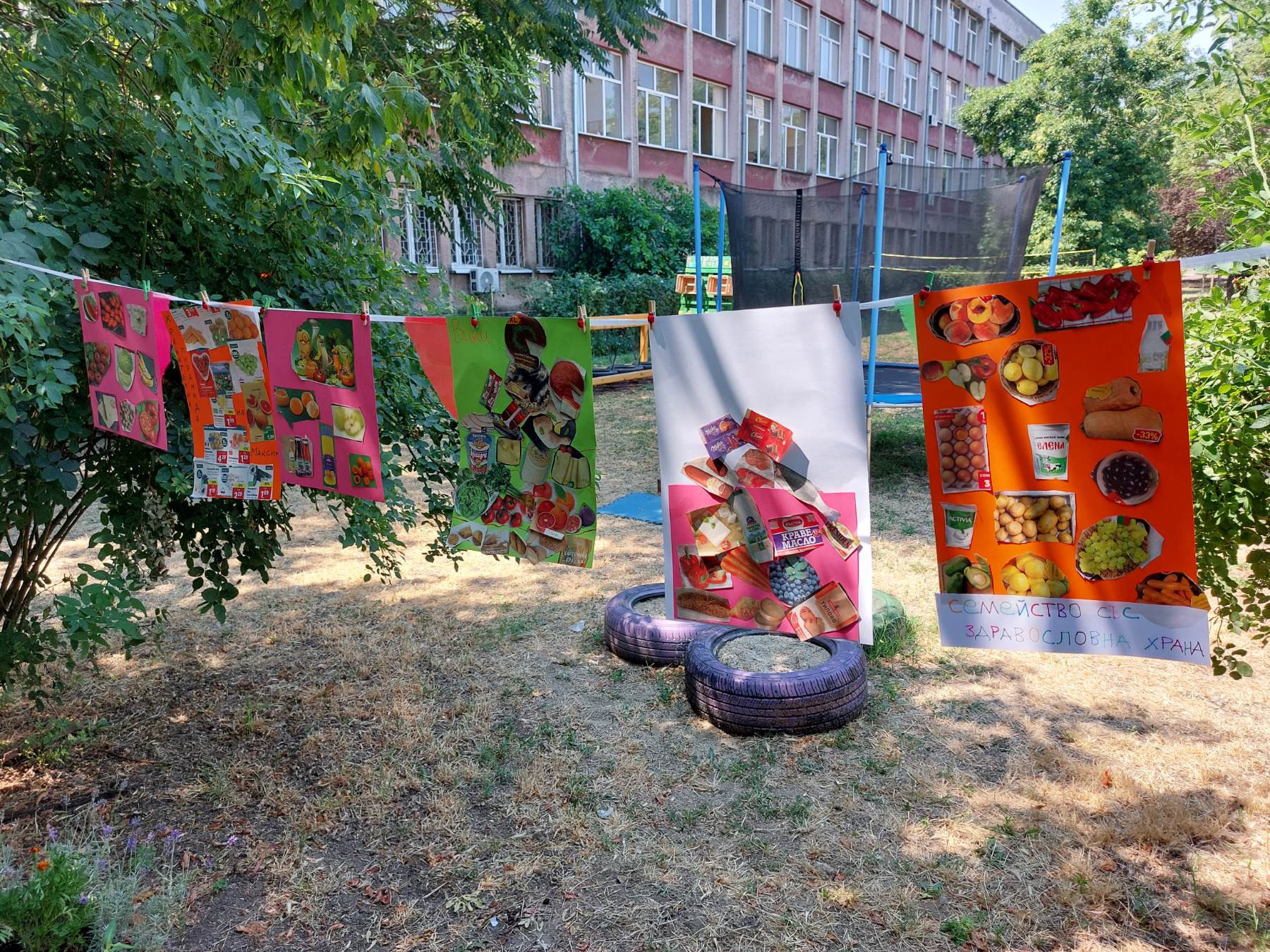By Engin Dikmen
Volunteering is one of the most rewarding ways to contribute to society, but with countless opportunities available, choosing the right program can feel overwhelming. The key to a meaningful experience lies in finding a program that aligns not only with your availability but also with your unique skills and personal passions. When these elements intersect, volunteering becomes more than just service—it becomes a journey of growth, connection, and impact.
Reflect on Your Motivations
Before committing to a volunteer role, take time to reflect on why you want to volunteer. Are you looking to give back to your community, gain professional experience, explore a personal interest, or simply meet new people? Clarifying your motivations will help narrow your options. For instance, someone interested in pursuing a career in healthcare may find fulfillment volunteering at a local hospital, while someone passionate about the environment might prefer conservation projects.
This project was my first time in a European country. I had no preconceived notions before arriving. I was thinking about the benefits Bulgaria and Stara Zagora would offer me. Adapting wasn't difficult at all. This was primarily thanks to the help of our school principal, mentor, coordinators, and other friends. I'd never lived in such a peaceful city before. Considering all these positive factors, I'm not surprised that I learned the language and integrated into social life so quickly
Assess Your Skills
Every individual brings a unique set of skills that can add value to an organization. Consider both your professional expertise and personal talents. If you are a strong communicator, mentoring youth or assisting with community outreach could be ideal. Those with technical abilities might help nonprofits with website design or data management. Even hobbies like gardening, photography, or cooking can be meaningful assets when matched with the right cause. By recognizing your strengths, you not only contribute effectively but also gain a sense of purpose from seeing your skills make a difference.
As a psychological counselor, I was delighted to see similar fields of study in education and psychology, even though the countries were different, and to contribute to them in some way. Working with students with special needs and offering studies and methods that could impact their lives has been a tremendous asset. First and foremost, because this is my profession, my colleagues and I have always helped each other understand how students could get the most out of it. All of our colleagues have done everything they could. Thanks to them, everything has been incredibly productive for both the students and us.
Identify Causes You Care About
Passion fuels commitment. When you choose a cause close to your heart, volunteering becomes a source of joy rather than an obligation. Think about issues that resonate with you deeply—whether it’s education, animal welfare, social justice, or disaster relief. Ask yourself: “What problems in the world do I feel strongly about solving?” Your answer can guide you toward programs that align with your values and keep you motivated over time.
Ask Questions Before Committing
A good match requires open communication. Reach out to program coordinators and ask about expectations, training, support, and impact. Clarify whether the role will allow you to apply your skills or develop new ones. This conversation ensures that both you and the organization benefit from the partnership. You can also ask the organization to connect you with their previous volunteers.
Stay Flexible and Open
Sometimes, the perfect opportunity may not appear immediately. Be open to trying different roles until you find the one that feels right. Even if a position doesn’t fully align with your expertise, it may still provide valuable experiences, connections, and insights into where your passion truly lies.
To find out more about the European solidarity corps program, please visit: https://youth.europa.eu/solidarity_en
Дата на публикуване: 18/03/2025
